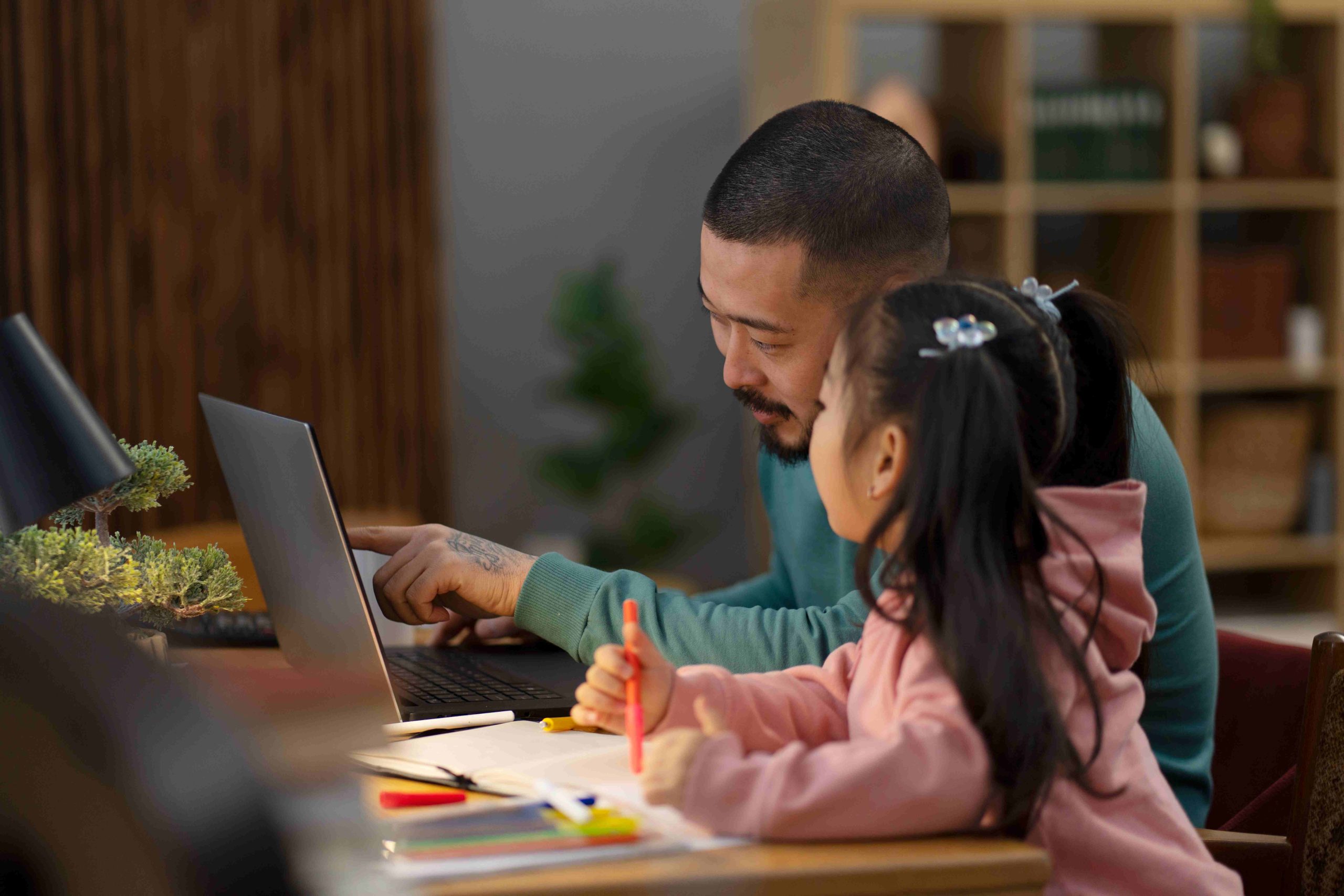
Finding the Best Fit for Self-Directed Learning
Preschool education plays a crucial role in a child’s development, laying the groundwork for future learning and success. Parents considering Montessori education often ponder if this self-directed learning approach suits their child. Although Montessori education has demonstrated considerable effectiveness, it might not align with every child’s needs. This article aims to delineate the attributes of a child best suited for Montessori education and offers guidance for parents in preparing their child for this learning paradigm.
Understanding the Montessori Method
To comprehend the suitability of Montessori education for a child, it’s paramount to delineate its essence. The Montessori method, an educational philosophy developed by Italian physician and educator Maria Montessori, accentuates self-directed learning through exploration and discovery. Children are afforded the autonomy to select their activities and progress at their pace within a meticulously arranged environment that fosters curiosity and natural inquisitiveness.
Characteristics of Children Suited for Montessori Education
- Curiosity and Self-Motivation: Children inclined toward exploring and discovering new realms thrive in Montessori’s self-directed environment.
- Independence: Central to Montessori education is the cultivation of independence, making it ideal for children capable of self-directed learning.
- Concentration: Flourishing in a bustling Montessori classroom necessitates robust concentration and focus, traits conducive to success in this environment.
- Inquisitiveness: Montessori education encourages questioning and exploration, making it ideal for children eager to delve into new ideas and concepts.
- Love for Work: Montessori philosophy asserts that children derive joy from work, making children who relish tasks and cherish accomplishments well-suited to this method.
Preparing Your Child for Montessori Education
For parents considering Montessori education for their child, fostering certain skills can enhance their readiness:
- Encourage Independence: Foster your child’s autonomy and decision-making skills early on, providing tools for self-reliance and success.
- Nurture Curiosity: Stimulate your child’s curiosity by exposing them to diverse experiences, encouraging questions, and facilitating exploration.
- Develop Concentration: Engage your child in activities that demand sustained focus, gradually enhancing their attention span and concentration abilities.
- Promote Independence at Home: Encourage responsibility and independence through involvement in daily tasks and chores, fostering a sense of self-sufficiency.
- Facilitate Socialization: Encourage social interactions and collaborative projects to develop social skills crucial for Montessori classrooms’ cooperative environment.
When Montessori May Not Be the Best Fit
While Montessori education suits many children, some situations warrant consideration before opting for this approach:
- Children Needing More Structure: Children who thrive in structured environments may find Montessori’s self-directed approach challenging.
- Challenges with Self-Regulation: Children struggling with self-regulation and sensory processing may find the dynamic Montessori setting overwhelming.
- Preference for Adult-Directed Learning: Some children may prefer traditional teacher-led learning over Montessori’s autonomous style.
- Preference for Competition: Montessori prioritizes collaboration over competition, which may not align with children who excel in competitive environments.
Choosing the Right Montessori School
For parents committed to Montessori education, selecting an appropriate Montessori school is pivotal. Consider the following factors:
- Accreditation: Opt for schools accredited by recognized bodies like the American Montessori Society, ensuring adherence to best practices.
- Qualified Teachers: Prioritize schools with Montessori-trained teachers holding credentials from reputable training programs.
- Optimal Environment: Look for well-maintained, organized classrooms fostering self-directed learning and exploration.
- Student-to-Teacher Ratio: While higher than traditional classrooms, ensure a reasonable ratio for personalized attention and support.
- Parental Engagement: Choose schools promoting parental involvement, fostering a collaborative approach to your child’s education.
The Benefits of Montessori Education
Montessori education offers a myriad of advantages, including independence, concentration, social skills, and a passion for learning. Children in Montessori classrooms navigate their educational journey at their pace, fostering deep comprehension and self-assurance.
The Role of the Montessori Teacher
In contrast to traditional teaching roles, Montessori teachers serve as guides and facilitators, nurturing children’s exploration and learning rather than directing it.
The Montessori Learning Environment
Carefully crafted to encourage self-directed learning, Montessori classrooms feature distinct learning areas fostering exploration, creativity, and focused engagement.
Montessori Materials and Activities
Designed for discovery and learning, Montessori materials are self-correcting, empowering children to learn from errors and grasp concepts profoundly.
The Importance of Practical Life Skills in Montessori Education
Integral to Montessori, practical life skills promote independence, fine motor skills, and hand-eye coordination, enhancing children’s self-sufficiency.
The Role of Play, Sensorial Education, and Movement
Play, sensorial education, and movement are vital components enriching children’s socialization, sensory development, and physical coordination within Montessori settings.
Montessori Education and Special Needs, Diversity, and Technology
Montessori’s adaptable approach and emphasis on individualized learning offer distinct advantages for special needs preschoolers, promoting confidence, independence, and holistic development.
Montessori Education and Socialization, Creativity, and Academic Achievement
Montessori’s collaborative environment nurtures social skills, creativity, and a love for learning, contributing significantly to children’s academic prowess and holistic growth.
Montessori Education and Cultural Understanding
Through cultural immersion and appreciation, Montessori education fosters global citizenship, empathy, and respect, fostering a harmonious and inclusive learning community.
Montessori Education and Technology
While traditionally technology-free, Montessori schools are exploring technology’s judicious integration, leveraging its benefits without compromising the essence of self-directed learning.
Montessori Education and Parent Involvement
Active parental engagement strengthens the partnership between school and family, enhancing children’s educational experiences and holistic development.
The History of Montessori Education
Developed in the early 1900s by Maria Montessori, Montessori education’s rich history and enduring principles continue to shape progressive educational ideologies globally.
Montessori Education Around the World
Embraced across diverse cultures and geographies, Montessori education’s core tenets resonate universally, fostering inclusive and transformative learning experiences.
The Future of Montessori Education
As education evolves, Montessori’s adaptive philosophy and emphasis on personalized learning position it at the forefront of innovative educational practices, shaping a promising future for learners worldwide.


